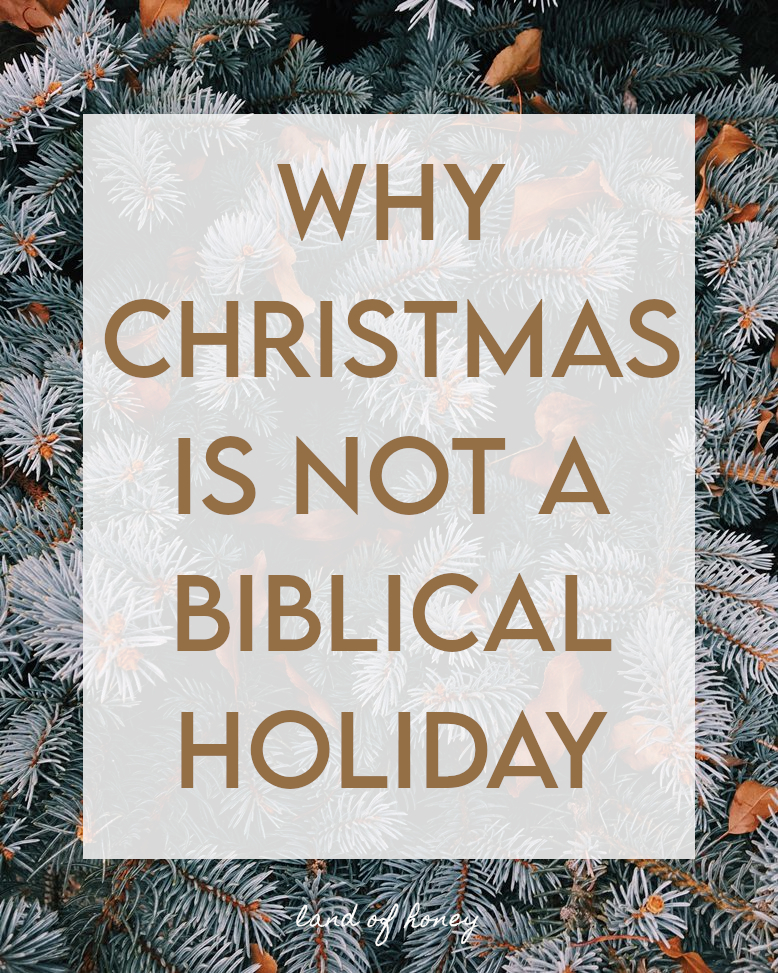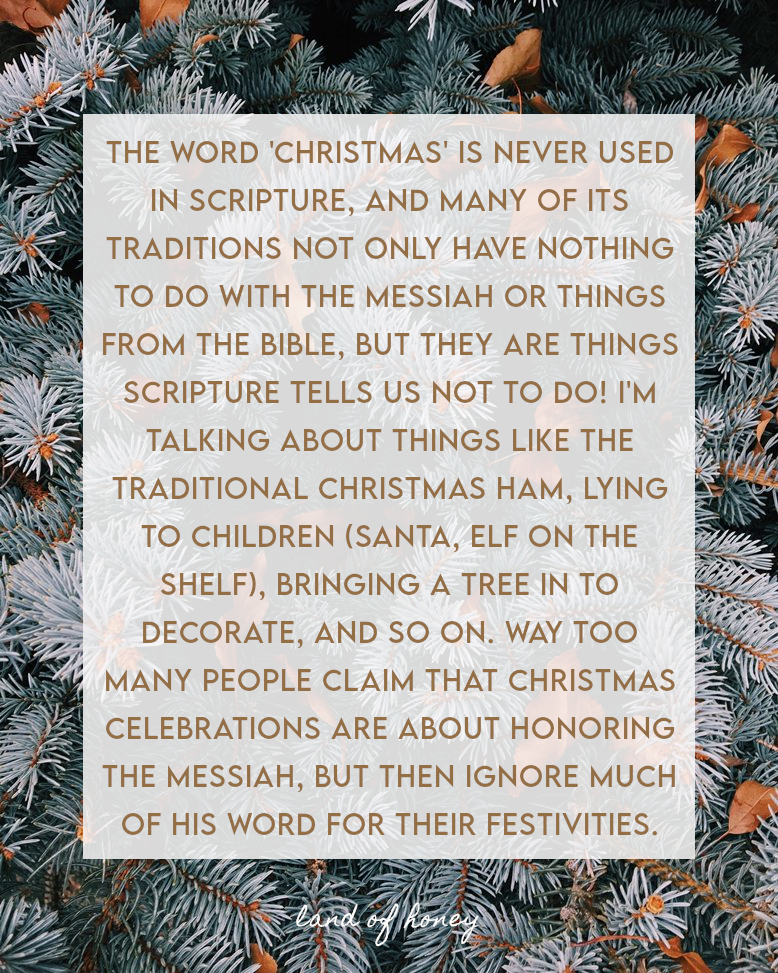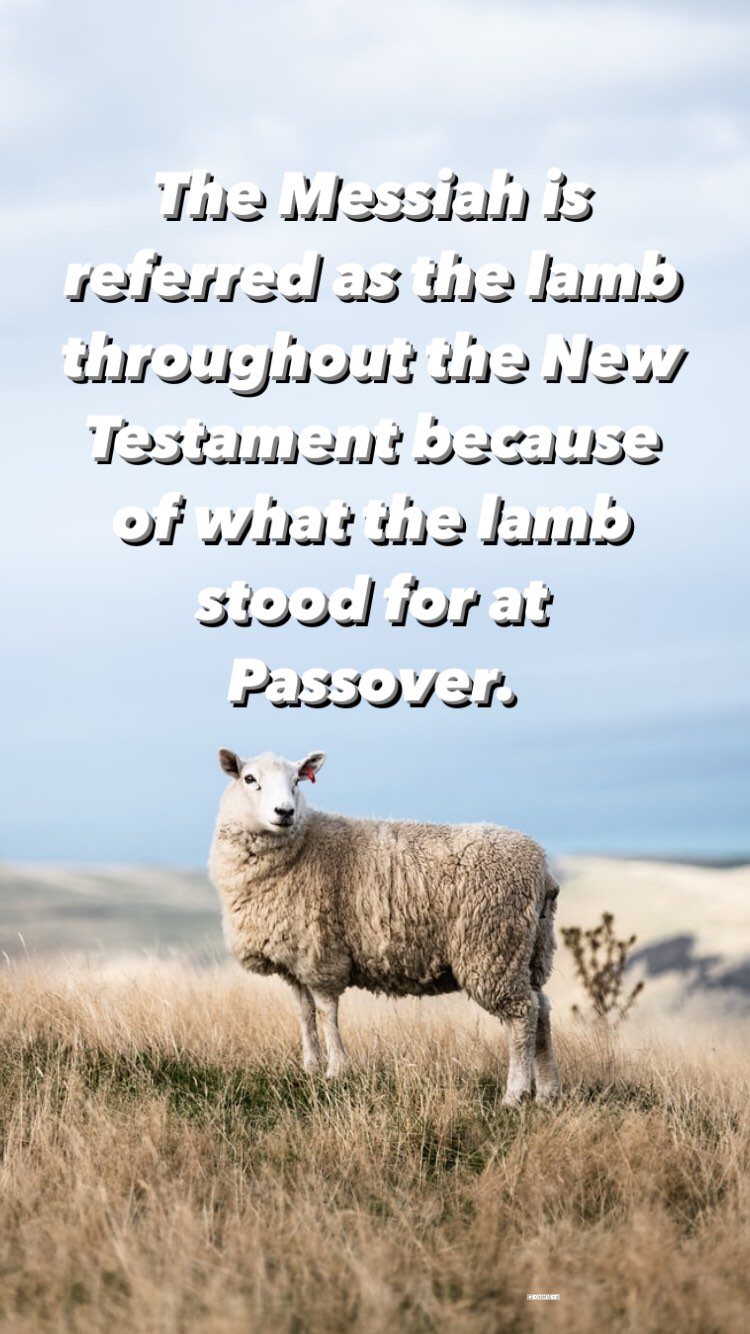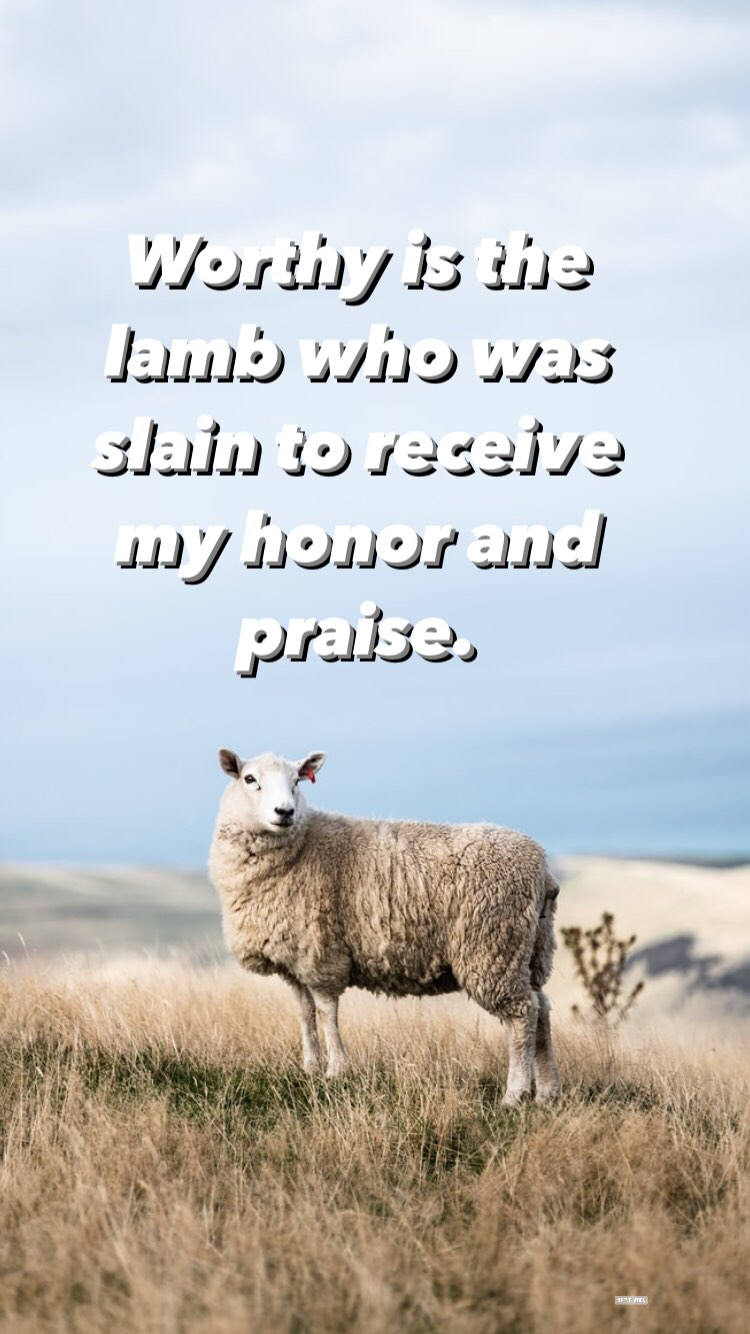This is when the Biblical holidays happen in 2027.
If you're looking for next year's dates for Passover, Unleavened Bread, First Fruits, Shavuot, the Feast of Trumpets, Yom Kippur, and the Feast of Tabernacles you have come to the right place. These holidays have historic and prophetic meaning in Scripture and believers today can take part in that by adding these dates to their calendars!
While the Bible gives specific dates for each holiday, the Gregorian calendar doesn't match up with the Creator's calendar so the dates land a little bit differently each year on our modern calendar. There are also a few different ways to calculate the start of the year and because of that some groups will observe them at slightly different times. What I'm sharing here is the most commonly used set of dates. Whether you go by this calendar or another, mark your calendars for these set apart times!
When do the Biblical holidays happen in 2027?
Passover - April 21-22
Unleavened Bread - April 22-29
First Fruits - April 24-25
Shavuot - June 10-11
Feast of Trumpets - October 1-2
Yom Kippur - October 10-11
Feast of Tabernacles - October 15-22
A couple of things about this: according to this calendar, days start in the evening at sundown. This means that Passover starts on the evening of April 21 and goes through the evening of the 22nd. If you do not observe days as starting in the evening, then celebrating Passover the day of April 22nd would be appropriate.
In the Bible, the Feast of Trumpets and Shavuot are both one day holidays. Some traditions today celebrate those for two days each, so certain sects will add an extra day after the dates given here.
There are also some different schools of thought for when First Fruits should be celebrated. Some people will celebrate it the first Sunday after Passover (which would be April 24/25th this year), while others will observe it fifty days before Shavuot, which puts it on the first day of Unleavened Bread.
It's also important to note that while all of these are special times, some of these days are considered Sabbaths which means we shouldn't work on them. These Sabbath days are the first and last days of Unleavened Bread, Shavuot, the Feast of Trumpets, Yom Kippur, and the first and last days of Tabernacles. This means that believers should request off from work or arrange to be away from their business on those days, as well as refrain from shopping, errands, and yard or household projects and chores.
Sabbath days for 2027:
First Day of Unleavened Bread - April 22-23
Last Day of Unleavened Bread - April 28-29
Shavuot - June 10-11
Trumpets - October 1-2
Yom Kippur - October 10-11
First Day of Tabernacles - October 15-16
Last Day of Tabernacles (The Eighth Great Day) - October 21-22
As well as all weekly Sabbaths, of course.
You have the opportunity to celebrate what God has done by joining in on the Biblical holidays this year!
Related posts:
The Beginner's Guide to the Biblical Holidays
Why the Biblical Holidays Are for All Believers
Six Reasons Believers Should Keep the Bible's Holidays Today


.JPG)
.jpg)
.JPG)
.JPG)






































.JPG)